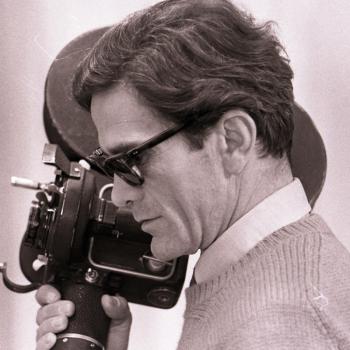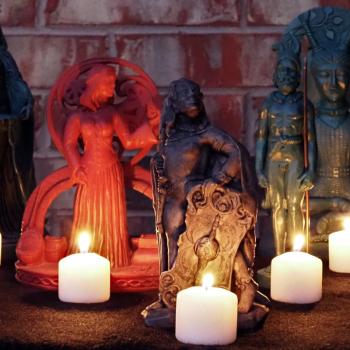 By Richard T. Livingston
By Richard T. Livingston
In a lecture evocatively entitled "Undercurrents and Riptides in Mormon Studies" given in February 2009, Richard Bushman offered a reflection on the past, present, and future of Mormon Studies. The great sage of Mormon Studies observed that with very few exceptions, until the middle of the 20th century, reflection on Mormonism was dominated by two voices: the apologetic and the antagonistic. The confessional sensibility of the former was fueled by the fire of staunchly defending the truth-claims of the tradition in order to inspire and strengthen the faith of adherents. The stridently critical voice of the latter, on the other hand, sought to demean and even destroy what they viewed as the pernicious evils of Mormon beliefs and practices. From the perspective of the defender of the faith, Mormonism contained nothing but goodness, truth, and beauty; the critic, however, believed that it exemplified nothing but the opposite. Entrenched in a position of polar opposition, there was simply no possibility for communication.
Bushman noted further that during the 1950s a growing sympathy for and engagement with academic inquiry about religion took place, and it was out of this situation a new kind of writing about Mormonism emerged that sought to bridge this polemical chasm -- a type of scholarly historical reflection that could speak to both insiders and outsiders alike. This "New Mormon History," as it would eventually come to be known, made at least three significant moves in order to navigate the controversial terrain.
First, it admitted errors in Mormonism, and explicitly recognized that both leaders and lay members alike were human beings who made mistakes. Second, it acknowledged that the church wasn't completely dominated by divine inspiration at every step of the way, affirming that there was a significant human influence involved in its direction. Third, it historicized doctrine and practice by showing how they arose and evolved over time instead of being eternal and unchanging. The new form of history thus toned down the highly-charged rhetoric and introduced a degree of civility to the discourse not previously present. The New Mormon History thus provided a much-needed corrective to the polarizing portraits that failed to do justice to the complexity and nuance present in any religious tradition and could never be taken seriously by scholars of religion generally.
Obviously this would never satisfy the most extreme on either side, but it could be taken seriously by many, and in so doing it expanded the discourse about Mormonism into the academic arena. As important as the work of the new Mormon historians was, however, it defined the limits of its own inquiry. In other words, with a few notable exceptions their work was historical, and was thus constrained within the framework of that discipline. During the latter half of the 20th century, academic inquiry about Mormonism was thus fairly limited in scope. Regardless of its inherent limitations, however, it should never be forgotten that it is only because of the foundation laid by those historians (and occasional sociologists) that any discussion of the future of Mormon studies is even possible.
To be sure, a complete account would include a discussion of other contributors, like the work produced by organizations such as the Foundation for Research and Mormon Studies (FARMS), whose explicit mission has been to produce what is referred as "faithful scholarship," or research that supports the teachings and practices of the LDS Church, and this immediately raises the question of the boundaries of Mormon studies itself.
Recognizing that this issue is very much open to debate, my point of view is roughly as follows. Insofar as Mormon studies involves the study of a religious tradition -- or rather, a group of closely related religious denominations that includes, but is not limited to, the Church of Jesus Christ of Latter-day Saints -- I see Mormon studies primarily as a sub-field within the larger landscape of religious studies. As such, if it's fair to say that religious studies involve the academic study of religions, the religious dimension of human existence, and the relationship of religion to other modes of human life, then Mormon studies is scholarly inquiry about Mormonism, its distinctive ways of being in and thinking about the world, and its relation to the world of which it is a part.




